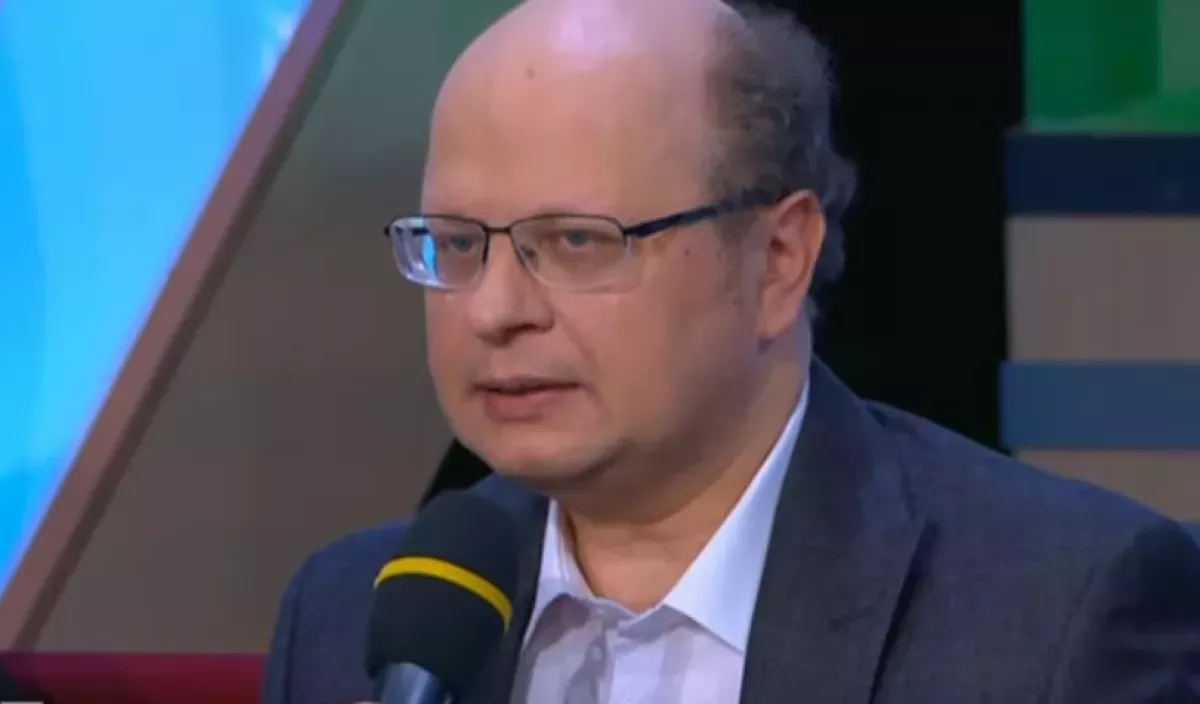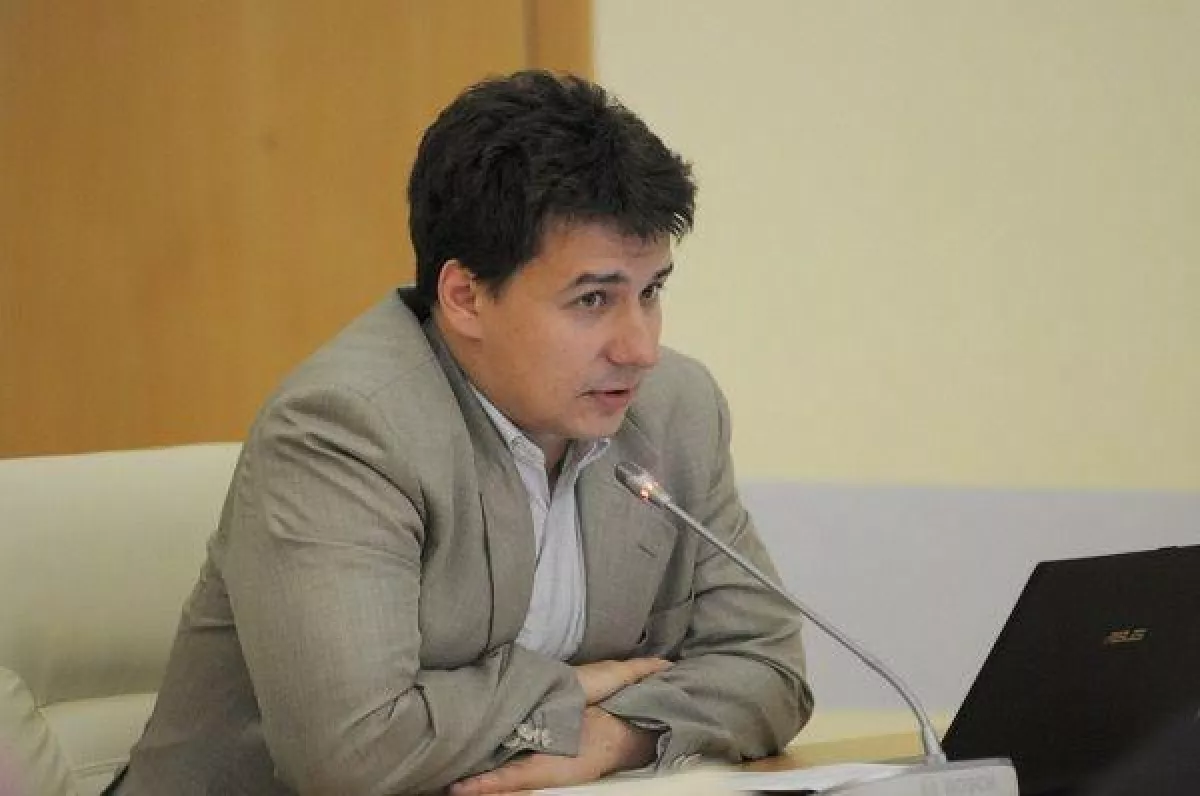Baku and Yerevan enter new phase of dialogue Expert opinions on Caliber.Az
The dynamics of the peace process between Baku and Yerevan are accelerating rapidly. This week, President Ilham Aliyev announced that Azerbaijan is lifting all restrictions on the transit of goods to Armenia through Azerbaijani territory, while Prime Minister Pashinyan stated that his country is technically and politically ready to unblock road transit between Azerbaijan and Türkiye via Armenian territory.
Additionally, a meeting of civil society representatives from both countries took place in Yerevan. The discussions covered a wide range of topics of public interest in both nations, including the prospects for the Armenia-Azerbaijan peace process, humanitarian issues, economic and logistical opportunities under conditions of normalised relations, and further measures to build trust. During the visit, Azerbaijani representatives also met with Armen Grigoryan, Secretary of the Security Council of the Republic of Armenia. Participants of the “roundtable” held in the Armenian capital highly appreciated the potential of the event and intend to actively develop such contacts further.
How do foreign experts assess the dynamics of the political, economic, and societal initiatives in the peace dialogue between Baku and Yerevan? German and Russian political scientists respond to this question for Caliber.Az.
German political scientist Yevgeny Kudryats believes that the “roundtable” held in Yerevan on October 21–22, which brought together civil society representatives from Azerbaijan and Armenia, marked a new milestone in establishing communication between the two countries.

In his view, the significance of the event lies in the fact that it took place outside the framework of political dialogue and focused on engaging with the public and citizens of both countries—building contacts and mutual understanding. Judging by current trends, the format of such meetings and initiatives is likely to expand further.
“From this, it can be concluded that the recent meeting was an important symbolic step towards peace between Armenia and Azerbaijan. The second aspect relates to President Ilham Aliyev’s decision to lift restrictions on the transit of goods to Armenia through Azerbaijani territory, in particular, Kazakh wheat. Several positive points can be highlighted here—economic benefits, diversification of routes, the political symbolism of peace and stability, as well as the strengthening of partnership with Kazakhstan. Of course, this decision does not resolve all existing issues, but on the other hand, it represents an important and consistent step forward.
Regarding the routes, this is more of a long-term signal for change than an immediate outcome. However, positive effects are already visible: we are talking about economic integration, expansion of transit potential, and the symbolism of normalised relations not only between Armenia and Azerbaijan but also between Armenia and Türkiye. It is clear that this process enhances Armenia’s role as a link in transport and logistics corridors connecting Türkiye, Azerbaijan, and the West. Concrete interest in developing such cooperation is already emerging in Yerevan. At the same time, certain limitations remain due to infrastructure. Prime Minister Nikol Pashinyan acknowledged that he expects the necessary infrastructure solutions to create the corridor to be completed within two to three years. So, to see the final result, patience will be required,” said Kudryats.

Meanwhile, according to Russian South Caucasus expert Konstantin Tasits, recent months have seen a certain intensification in the process of normalising relations along the Armenia–Azerbaijan track, which inspires some optimism.
“A text of the peace treaty has been initialled, a statement on unblocking communications through southern Armenia has been adopted, and meetings of experts as well as civil society representatives have taken place. In other words, one cannot fail to notice a qualitative leap in the development of the peace process following the agreements signed in Washington. However, it is necessary to maintain this positive momentum and avoid destabilising the situation—there are still forces in Armenia interested in derailing the peace process. At the same time, it remains essential to steadily address the remaining issues, including those in the humanitarian sphere. Moscow is ready to assist this process if the parties find such support necessary,” said Tasits.








